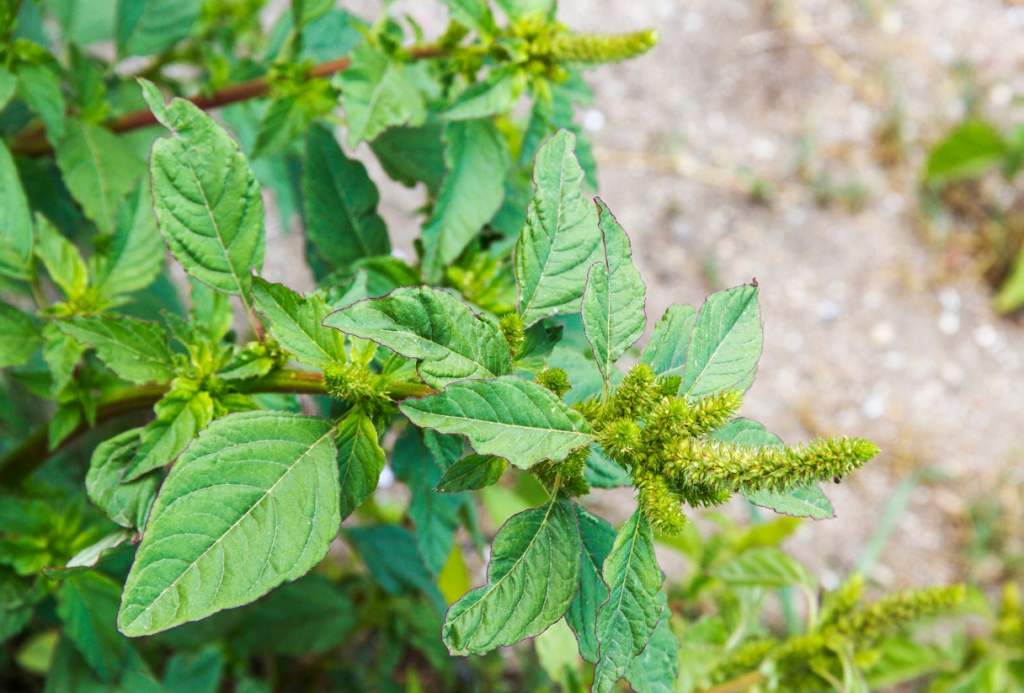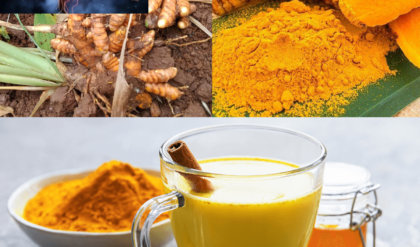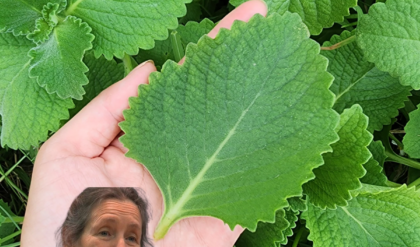Pigweed, commonly known as amaranth, is a highly versatile and nutrient-packed plant that has been a staple in traditional diets across the globe. From its leaves to its seeds, this remarkable plant offers a host of health and agricultural benefits. Here are 10 compelling reasons to incorporate pigweed into your life.

1. Packed with Essential Nutrients
Pigweed leaves are loaded with vital nutrients, including vitamins A, C, and K, and minerals like calcium, magnesium, potassium, and iron. These nutrients contribute to better immune function, improved vision, and overall vitality.
2. A Rich Source of Plant-Based Protein
The seeds of pigweed are a nutritional gem, providing all nine essential amino acids. This makes it a complete protein, ideal for vegetarians, vegans, and those seeking sustainable protein alternatives.
3. Gluten-Free Superfood
Pigweed seeds, also known as amaranth, are naturally gluten-free, offering a safe and nutritious grain alternative for individuals with celiac disease or gluten sensitivity.
4. Packed with Antioxidants
Rich in antioxidants like flavonoids and phenolic acids, pigweed helps combat oxidative stress in the body, reducing the risk of chronic diseases and supporting overall cellular health.
5. Promotes Digestive Health
Both pigweed leaves and seeds are high in dietary fiber, aiding digestion, promoting bowel regularity, and preventing constipation. A diet rich in fiber also supports a healthy gut microbiome.
6. Supports Heart Health
Studies suggest that pigweed seeds can help lower LDL (bad) cholesterol levels. Their fiber and phytosterol content contribute to reducing cholesterol absorption, promoting better cardiovascular health.

7. Natural Anti-Inflammatory Properties
Pigweed contains anti-inflammatory compounds that may alleviate inflammation in the body, offering relief to individuals with conditions like arthritis or inflammatory bowel disease.
8. Boosts Immune Function
The leaves of pigweed are a great source of vitamin C, a potent immune-boosting nutrient. Regular consumption helps protect the body against infections, supports wound healing, and enhances skin health.
9. Promotes Strong Bones
Pigweed provides significant amounts of calcium and magnesium, two minerals essential for maintaining bone density and preventing conditions like osteoporosis, particularly as we age.
10. A Resilient, Drought-Tolerant Crop
From an agricultural perspective, pigweed is a highly resilient crop that thrives in poor soil and drought-prone regions. Its ability to grow in challenging conditions makes it a vital food source in areas facing food insecurity.
How to Incorporate Pigweed Into Your Diet
Pigweed leaves can be cooked and enjoyed as leafy greens in soups, stews, or stir-fries, while the seeds can be boiled, toasted, or ground into flour for a variety of culinary applications. Its mild flavor and versatility make it an excellent addition to any meal.

Conclusion
Pigweed is more than just a humble plant—it’s a nutritional powerhouse with wide-ranging health benefits and a critical role in sustainable agriculture. Whether you’re seeking a boost in nutrients, an alternative protein source, or a gluten-free grain, pigweed is an exceptional choice. Give this versatile plant a try and experience its benefits for yourself!





